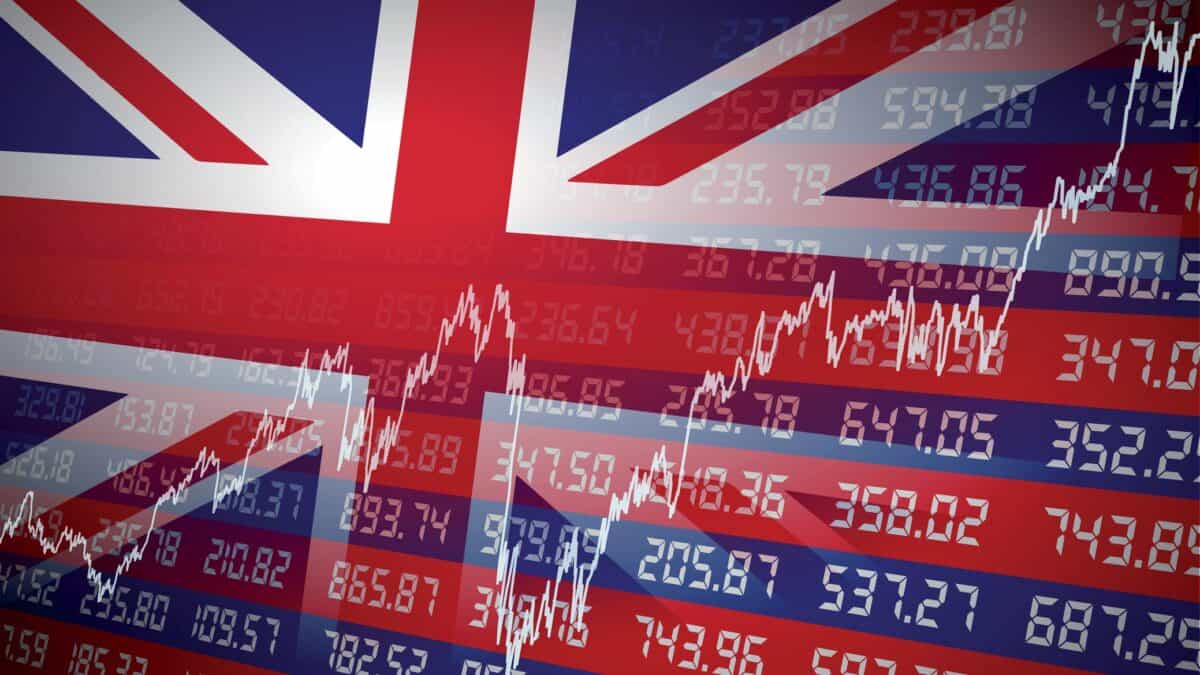Apparently, it’s nearly September. That’s what the calendar says at least. I must remember to inform my brain which insists we must still be in April or May. In any case, with almost two-thirds of the year out the way, this might be an opportune time to take a peek at the top-performing FTSE 100 stocks.
The Footsie’s near record highs, as I write, so I hope to uncover a few intriguing inclusions along with perhaps a recommendation to take away with me.
Without further ado, let’s take a look at the top 10.
There are big winners across the list over an eight-month period. But what are the big stories?
Gold medal
Well, Rolls-Royce (LSE: RR) takes the gold medal. The engine-maker has been revving up its profits and doesn’t show any sign of decelerating.
I remember when the shares were being called toppy at £3 and £4 and that it was a bit of a non-starter. Will a £6 or £7 share price arrive in the near future? I wouldn’t bet against it. I hold the shares and have no intention to sell.
The firm produces a wide range of engineering marvels and many of its aeroplane engines are considered “best in class”. With catalysts like the take-up of its ongoing SMR programme (like baby nuclear reactors) on the horizon, I think the future looks bright here. Although I’ll concede that high energy costs and inflation will pose some challenge to the firm too.
The two takeover targets have caught my eye as well. Cyber security firm Darktrace has voted to sell to US private equity, and Hargreaves Lansdown founders agreed to sell to a consortium of private equity buyers.
Both deals are as good as done, so there isn’t much point in discussing the specifics. But with such strong premiums, at 20% and 54% respectively, it’s yet another sign of how undervalued UK shares are at the moment.
A good 2024
One stock I’ve had my eye on for a while is Unilever (LSE: ULVR). The consumer goods brand has revamped its strategy lately, moving away from some of its restrictive ESG policies.
One change is its ‘virgin plastic’ (plastic with no recycled materials) reduction has gone from 50% by 2025 to 30% by 2026. CEO Hein Schumacher said: “I like realism.” While this realism could anger a portion of its consumer base and lead to lowered sales and earnings, I’d say the moves are more evolution than revolution, and may be a boon for the company.
And with sticky products like Hellmann’s, Dove and Persil on the books, I suspect a good 2024 might be followed by many more good years. I’ll be adding it to my watchlist.
The rest of the list coming from a varied crop of sectors from housebuilding to insurance to banking to packaging is another encouraging sign. It’s not one sector dominating the Footsie, it’s decent performance across the board.
That’s another good sign for the FTSE 100 in what looks like a year full of them.








